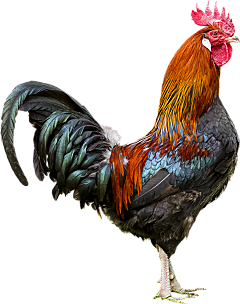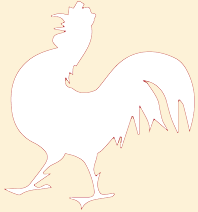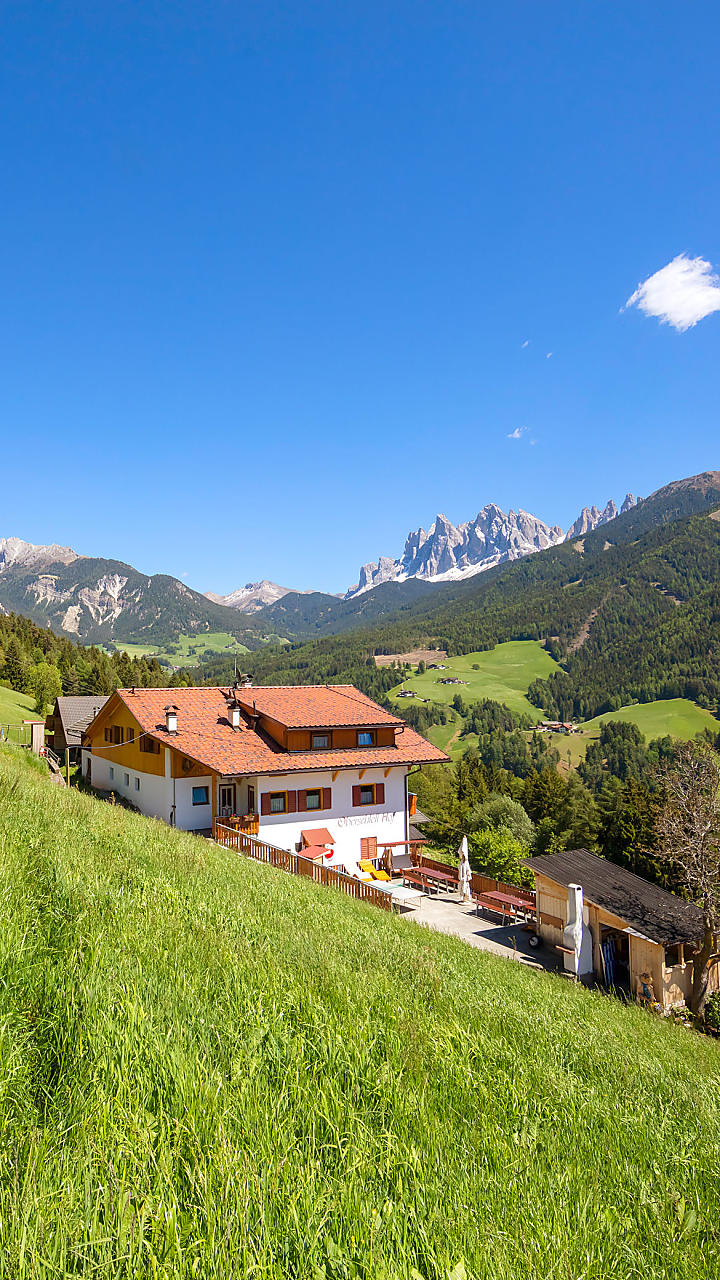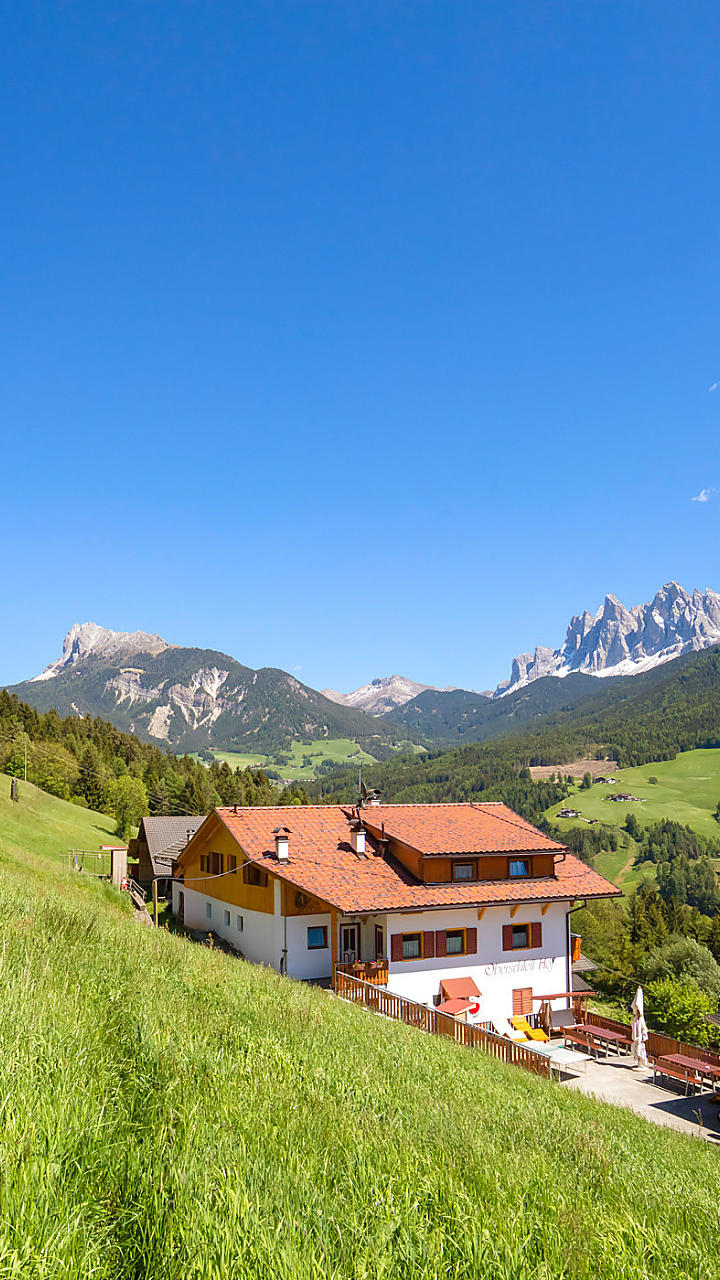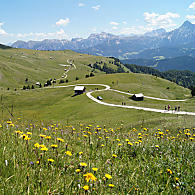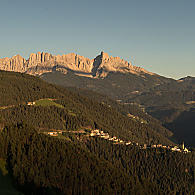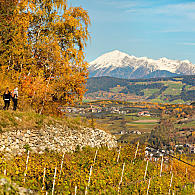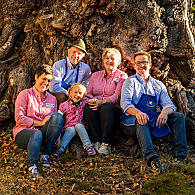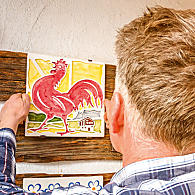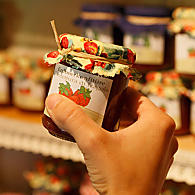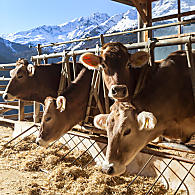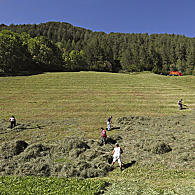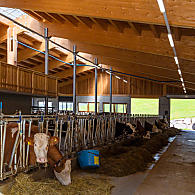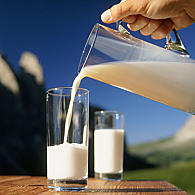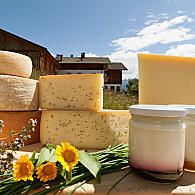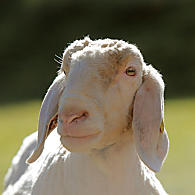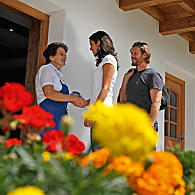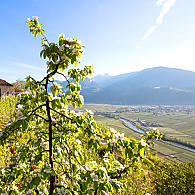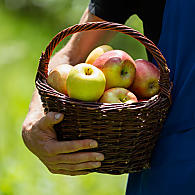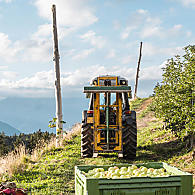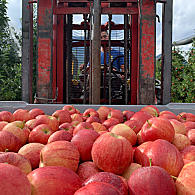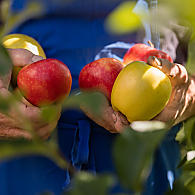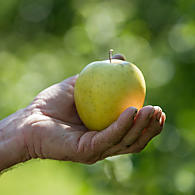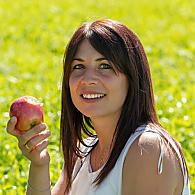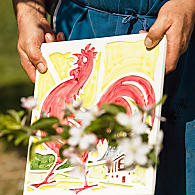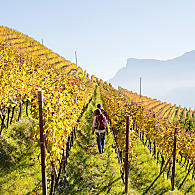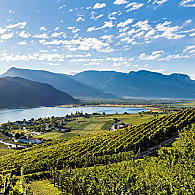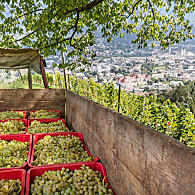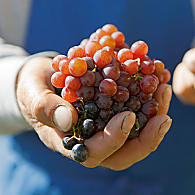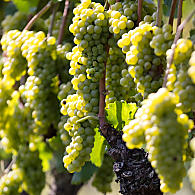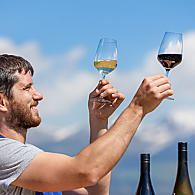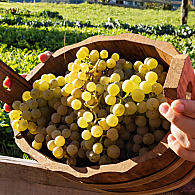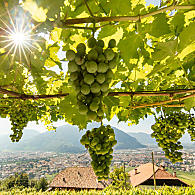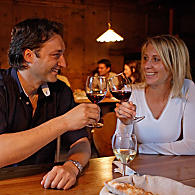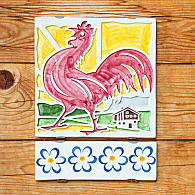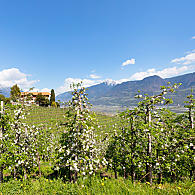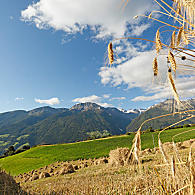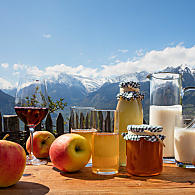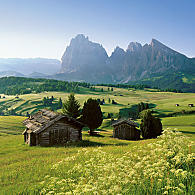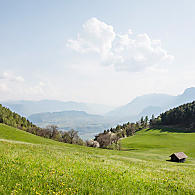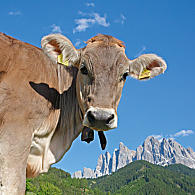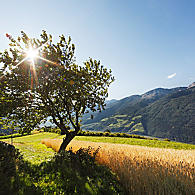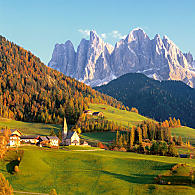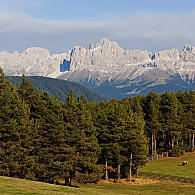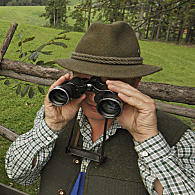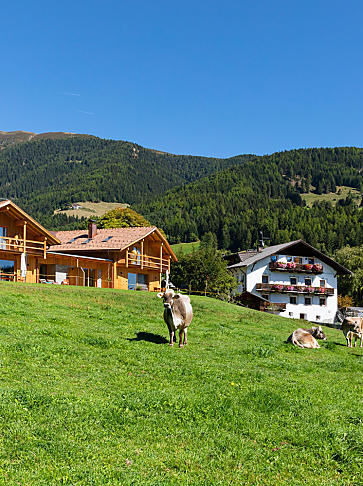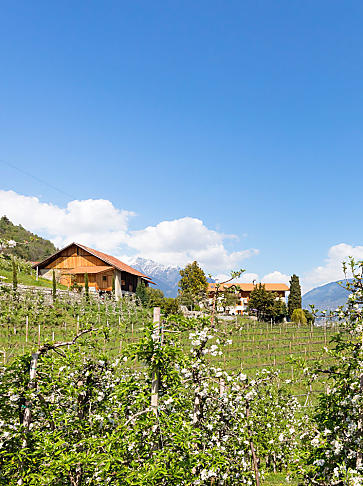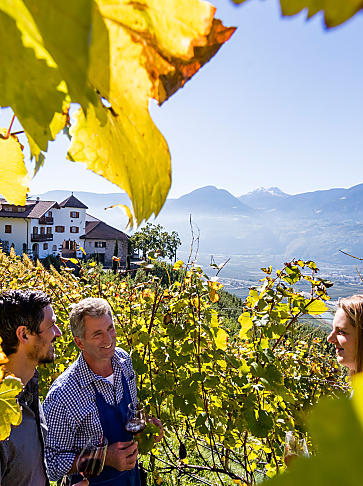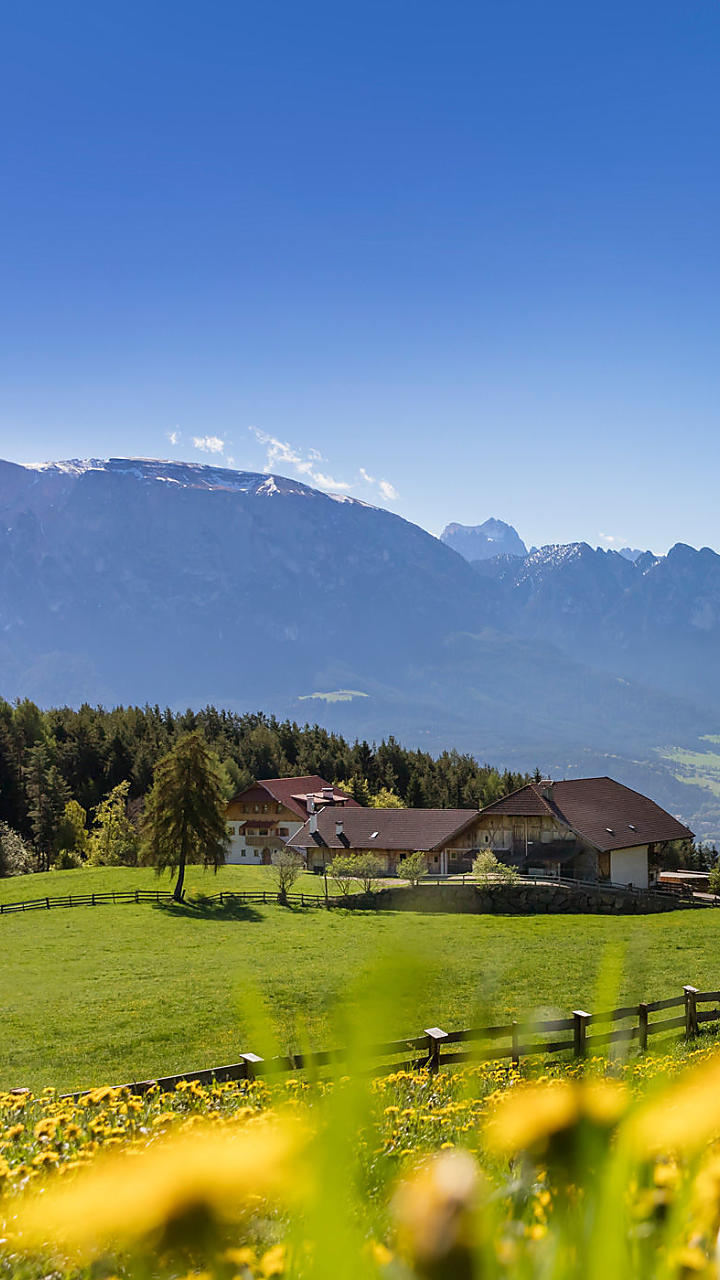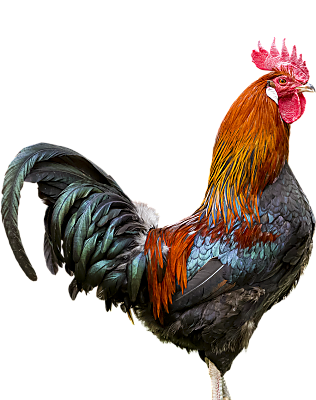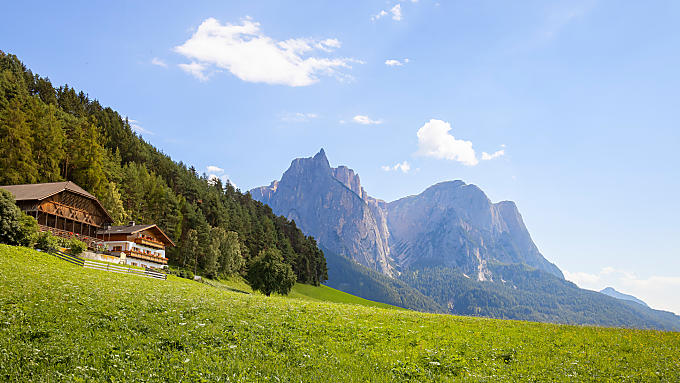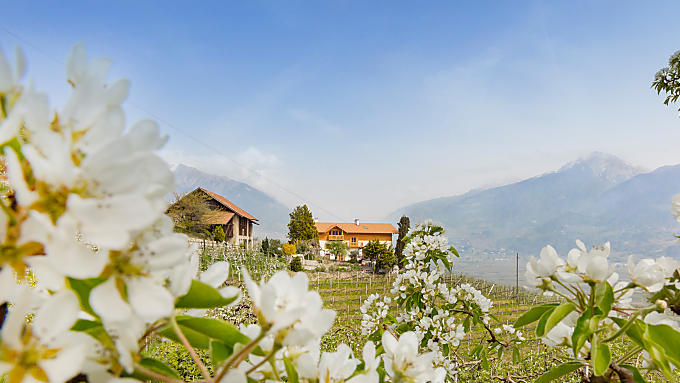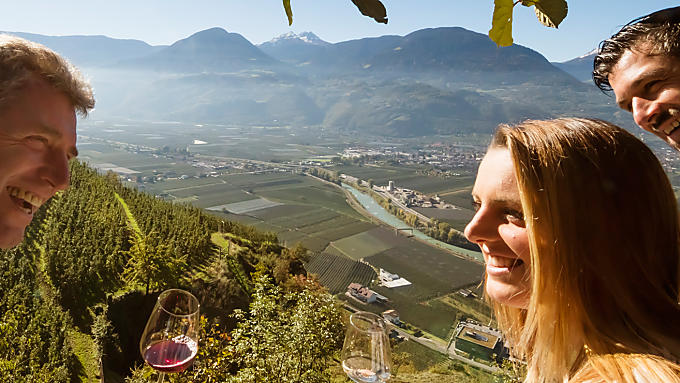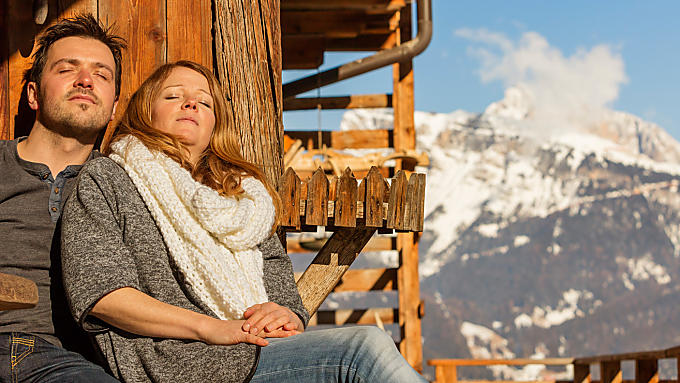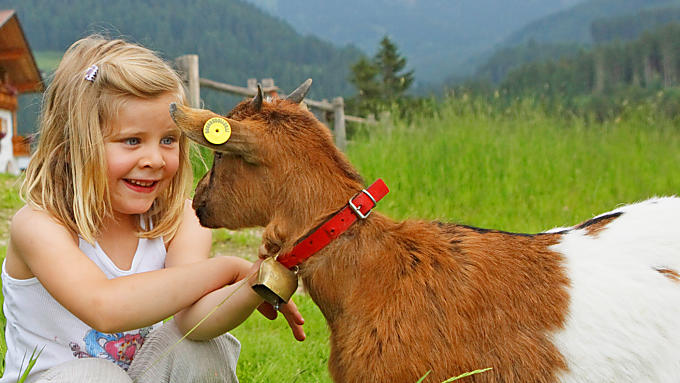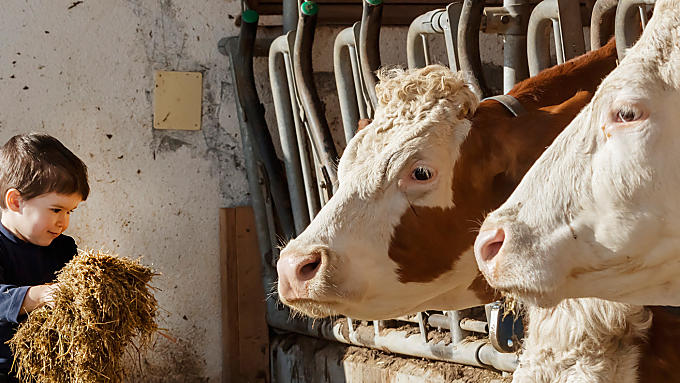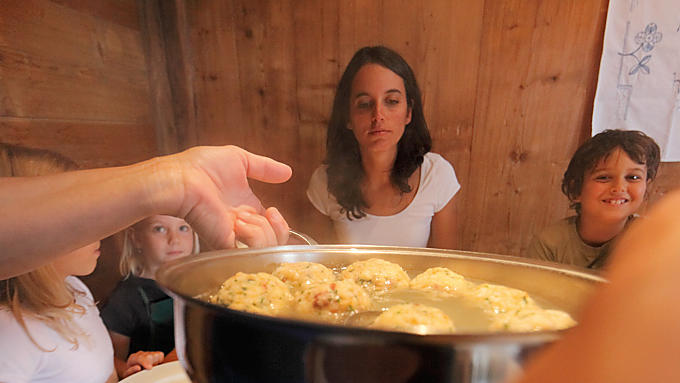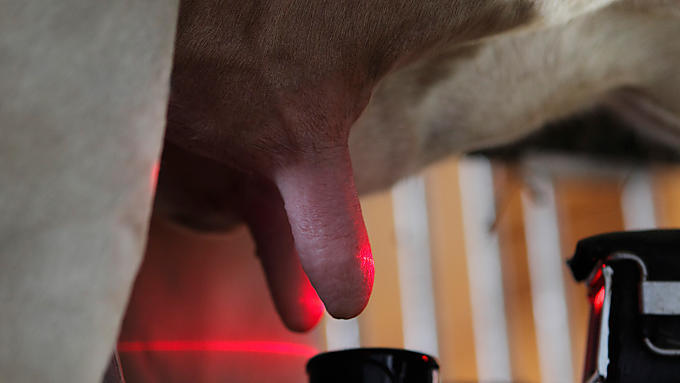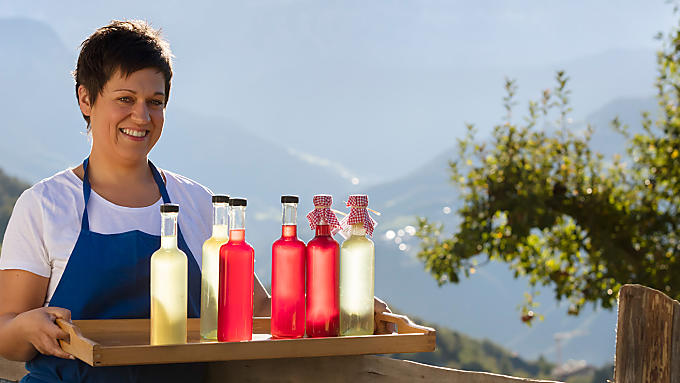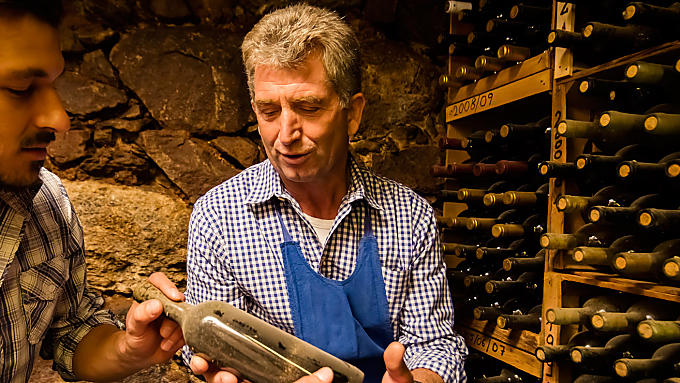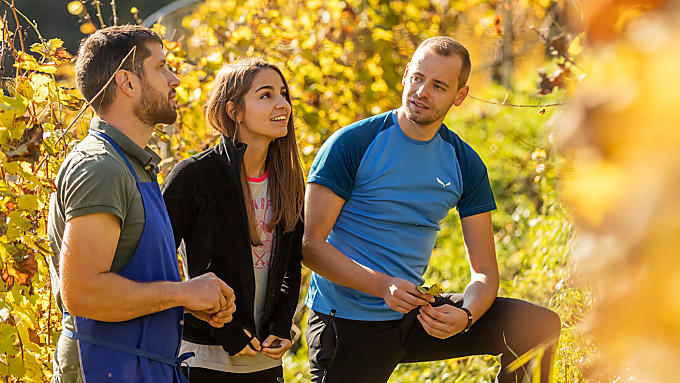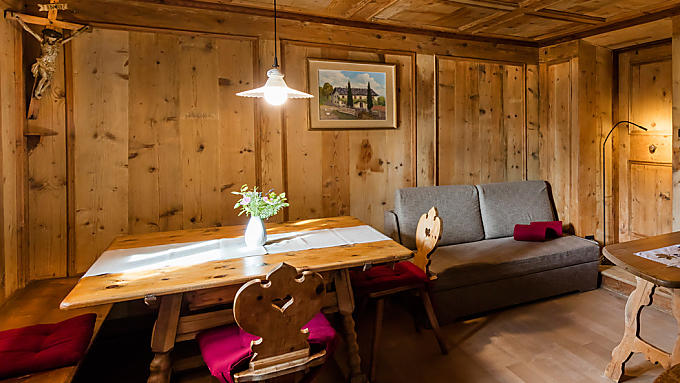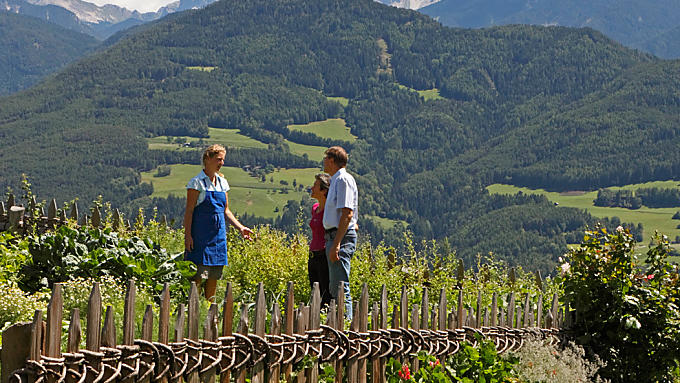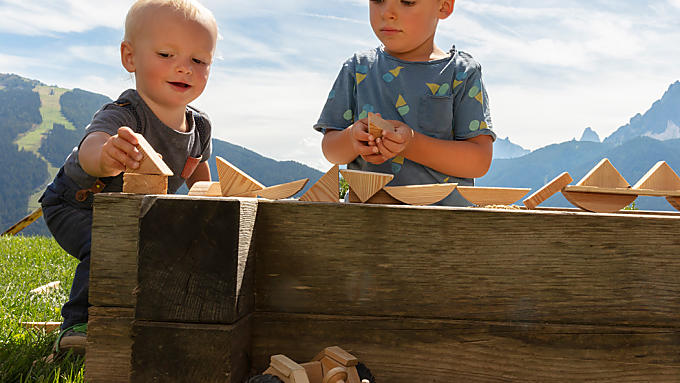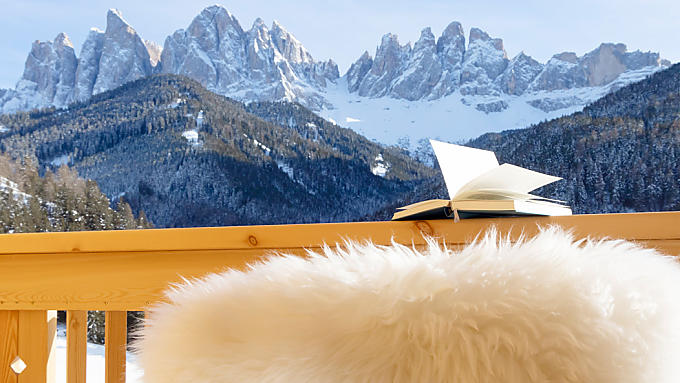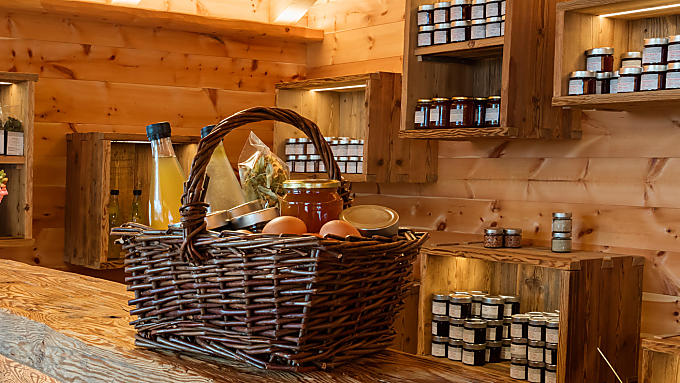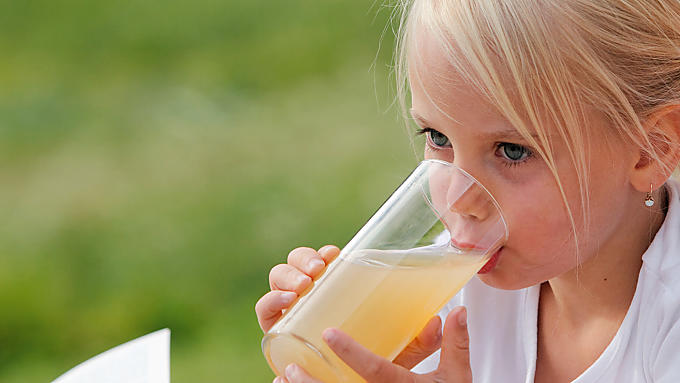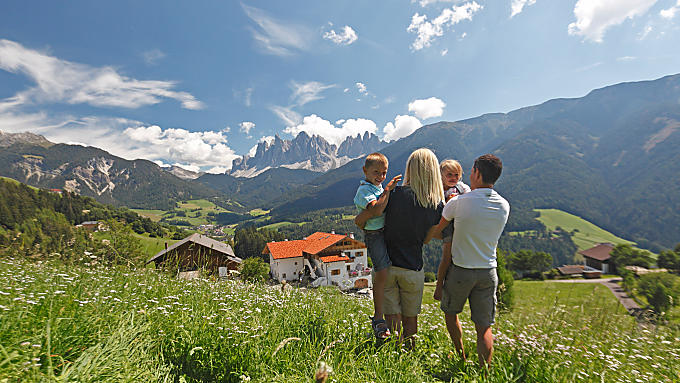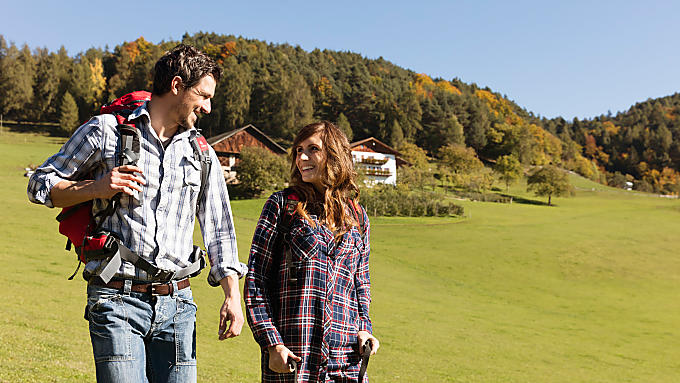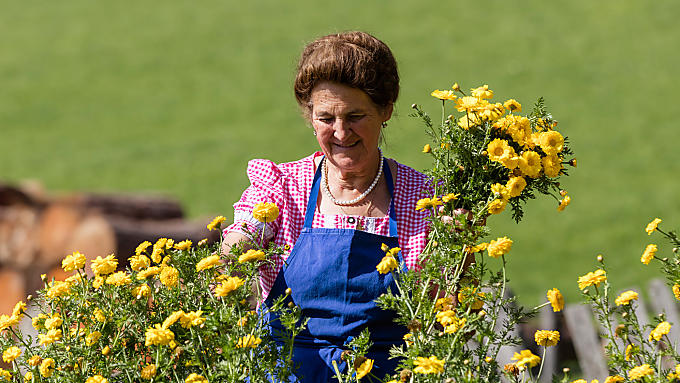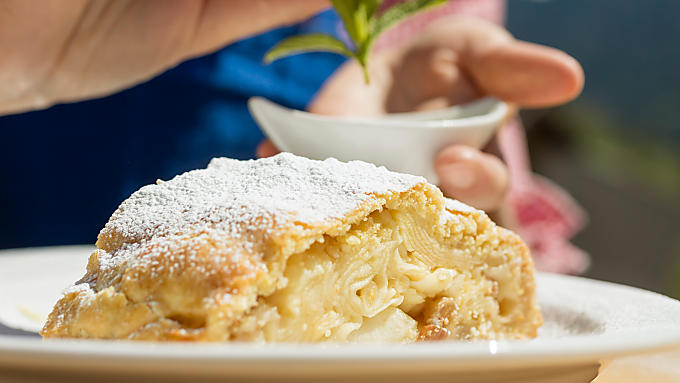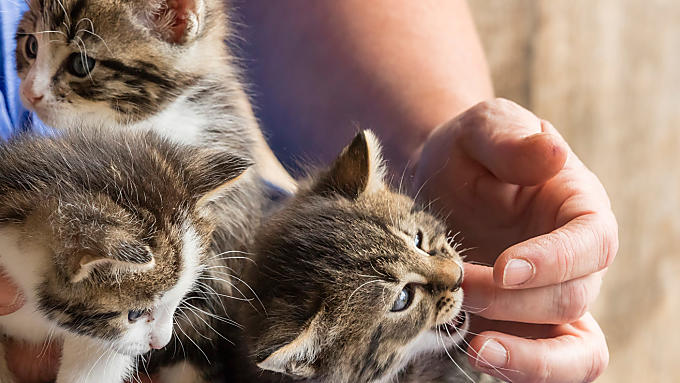Farming country South Tyrol
Diversity in South Tyrol
The farming land is the dominant natural element of South Tyrol and our farmers, who have shaped the region for centuries, live on it and with it. The cultivation of this area brings quality of life for locals and guests.
The farming land is the dominant natural element of South Tyrol and our farmers, who have shaped the region for centuries, live on it and with it. The cultivation of this area brings quality of life for locals and guests.
Farming in South Tyrol is, on average, more important for the landscape and for society than in other Italian regions.
Of the approximately 7,400 km² total area of South Tyrol, 4,841 km² is used for farming. Added to this are the forest areas.
The number of farms - from the smallest to the largest - is around 20,020. Of these, 10,148 are livestock farms. The meadows and pastures stretch across the region up the steepest slopes and over the tree line. In the main valleys and side valleys below 1000 metres above sea level, the landscape is shaped by wine and fruit growing, which takes place over large areas.
From generation to generation
South Tyrolean farming is made up almost exclusively of small family farms. The provincial 'closed farm' law was introduced in order to protect and allow the continued existence of the farms and the farming families and to counteract impoverishment. While still alive, the owner transfers the entire farm to their successor - the estate must not be split up. More than 13,400 farms in South Tyrol are 'closed' - this shows the importance of a legislative instrument that is more relevant today than ever before.
Awarding farms the name of 'heritage farm' is a special honour for the owners of closed farms and signifies appreciation of strict adherence to the inherited farming property. The prerequisite for this is that the farm has been transferred within the same family for at least 200 years and is lived in and managed by the current owner her/himself.
Additional income on the farm
Income from farming alone is often not sufficient for many small family businesses. So that they do not have to take up a second job outside the farm, they rely on additional income from the farm. Holidays on the farm, direct marketing of farm products or farm or wine taverns have succeeded in develping farming in South Tyrol in a positive direction for decades.
Visions for the future
The agricultural development of South Tyrol in the next 10 years should set a clear sign of the times and have the following goals: the many family farms should be consolidated and the protection of nature, clean water, fertile soil and preservation of biodiversity should have top priority. This is the only way to produce premium products and ensure a sustainable living space for future generations.
Numbers and facts
Get to know South Tyrol
Summary of South Tyrol's farming
On which slopes in South Tyrol do the vineyards shape the landscape, where do most goats live and where are the widest Alpine pastures? Become a real expert on South Tyrol.









